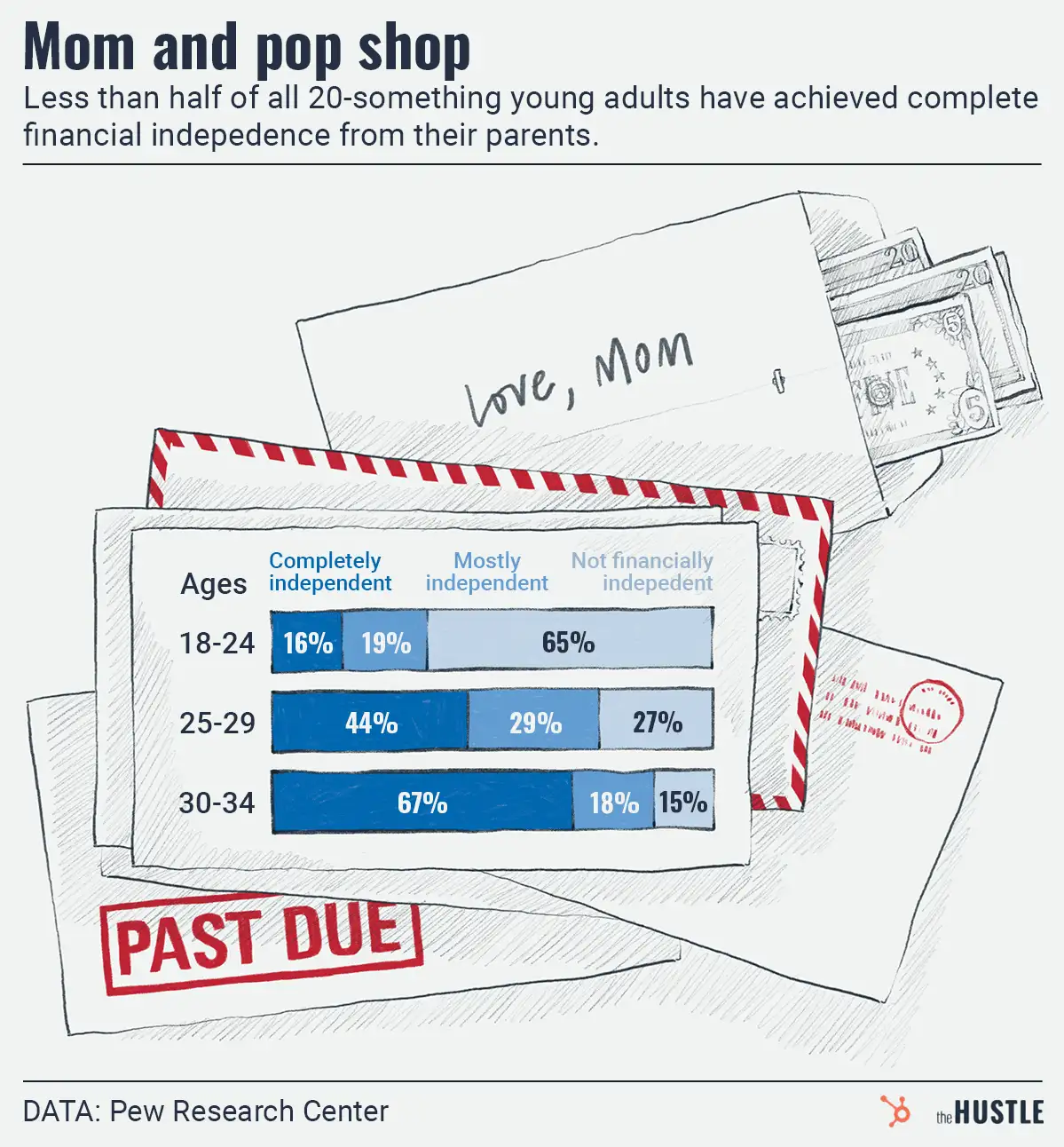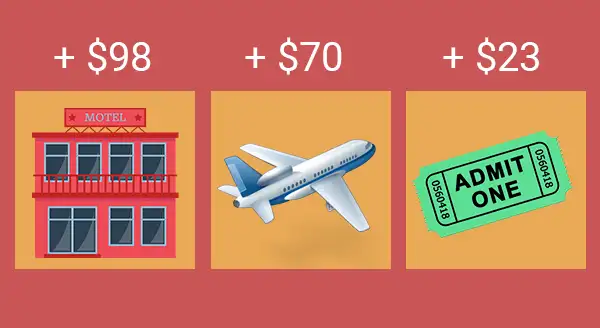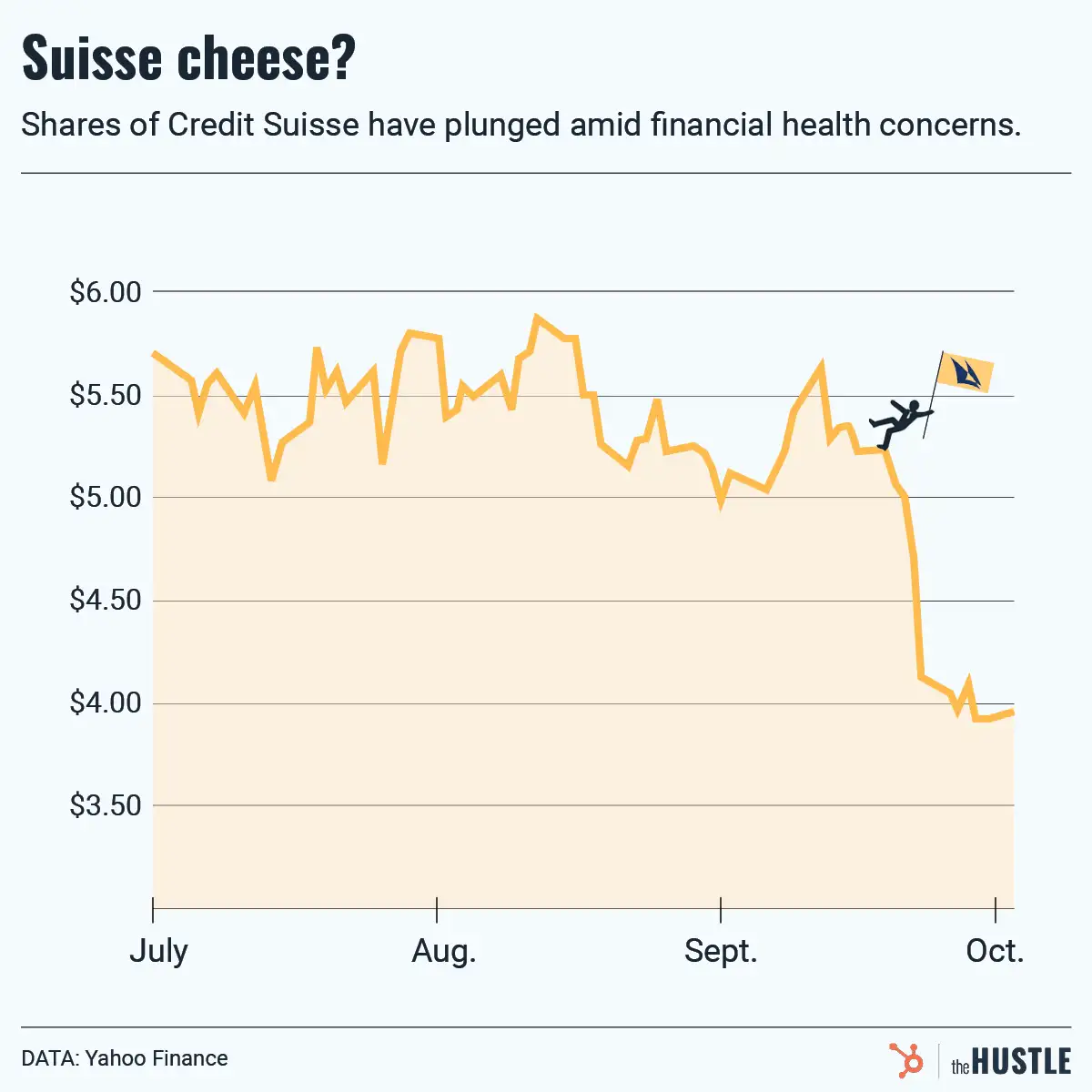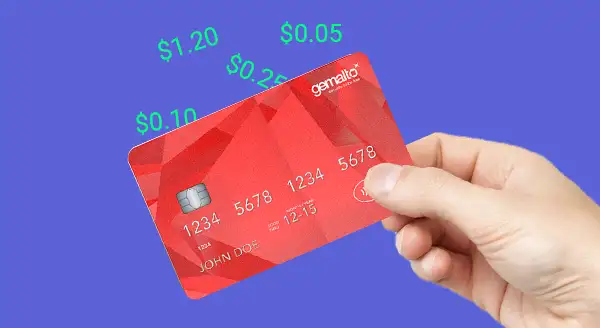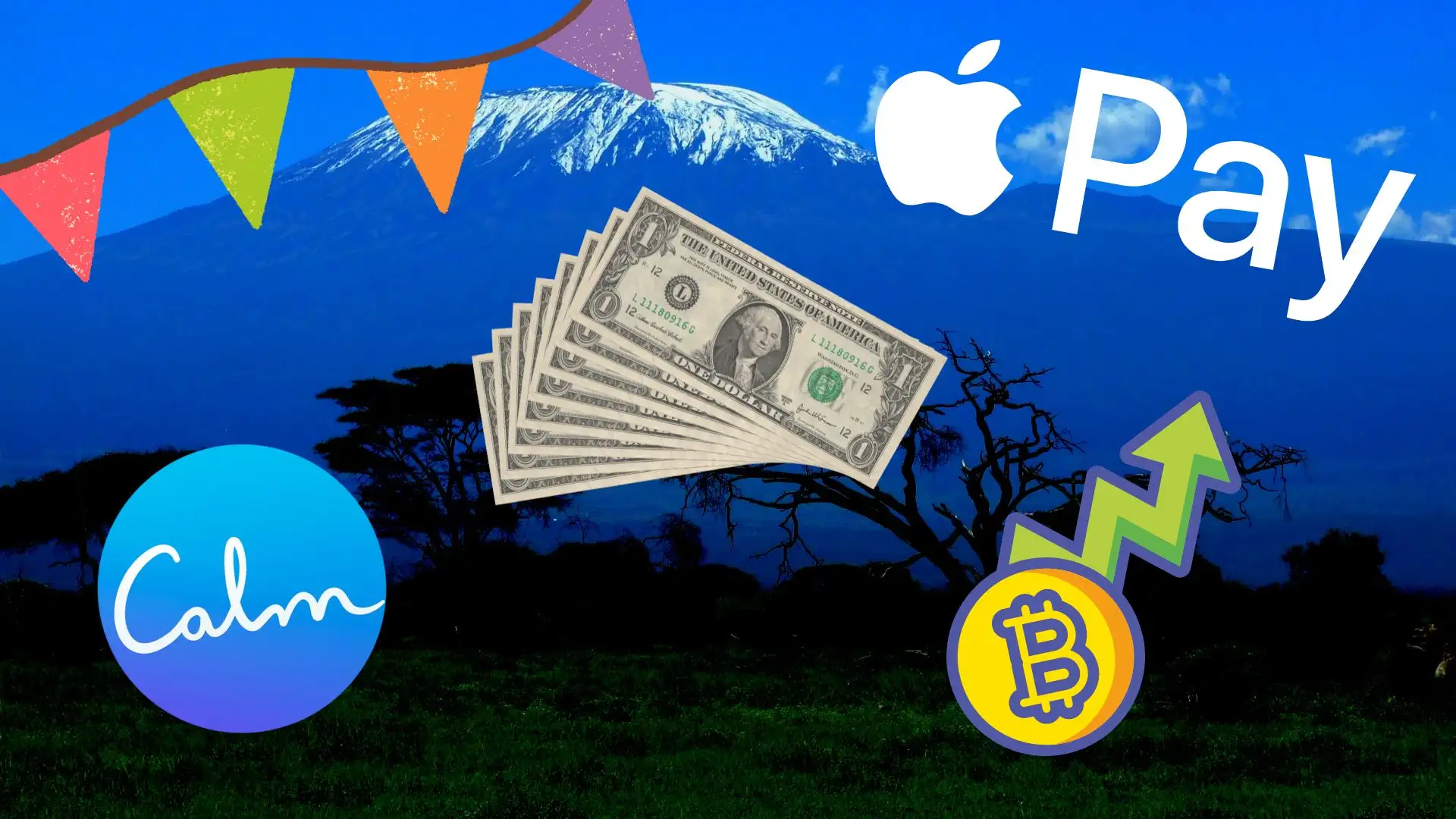The simplicity of “buy now, pay later” (BNPL) makes for an incredible business proposition.

At checkout, BNPL providers offer customers an option of spreading the cost of a purchase across multiple installments — sort of a layaway plan for the 21st century that doesn’t require credit.
The business model has led to the creation of massive fintech players:
- Europe’s Klarna is worth $10B+.
- Australia’s Afterpay is worth $20B+, after IPO-ing at a valuation of only ~$100m in 2016.
Now, Affirm — America’s BNPL leader — is prepping a $5B to $10B IPO.
BNPLs have boomed during the pandemic
According to Forbes, BNPL is a $24B industry that has been popular in 2020: 7% of all Americans have made a BNPL purchase this year, with particularly strong growth among high-income earners and millennials.
Here’s how the transaction works for each player:
- Customers get to spread payments across weekly or monthly installments with little or no interest.
- Merchants get higher conversion rates and fewer abandoned carts.
- BNPL firms get paid a % of merchant revenue for facilitating the transaction.
Numerous revenue stream opportunities
Affirm raked in $510m in revenue in the last fiscal year — up 93% YoY. Tech writer Byrne Hobart went deep on the company’s IPO docs to find out how this money is made:
- Revenue from creating loans
- Fees for servicing, and interest on loans
- Securitization (selling loans to a 3rd party)
- Virtual credit cards
Longer term, Affirm wants to “displace” merchant marketing spend. It would do so by effectively acquiring customers through its platform for sellers in exchange for the BNPL fee.
Same challenges as other consumer lenders
Customers can easily overborrow (and enter debt spirals) while providers must contend with unpaid loans.
According to Hobart, Affirm’s 0% loan offer appeals to people with all types of credit ratings worthiness — not just the worst. Although not a direct comparison, Affirm’s delinquency rate (1.1%) is lower than recent credit card rates (5.7%).
One specific risk for Affirm is that Peloton makes up ~28% of its revenue (though its other large customers are growing quickly).
While the business proposition is simple enough, challenges still abound for Affirm and other BNPL players.


